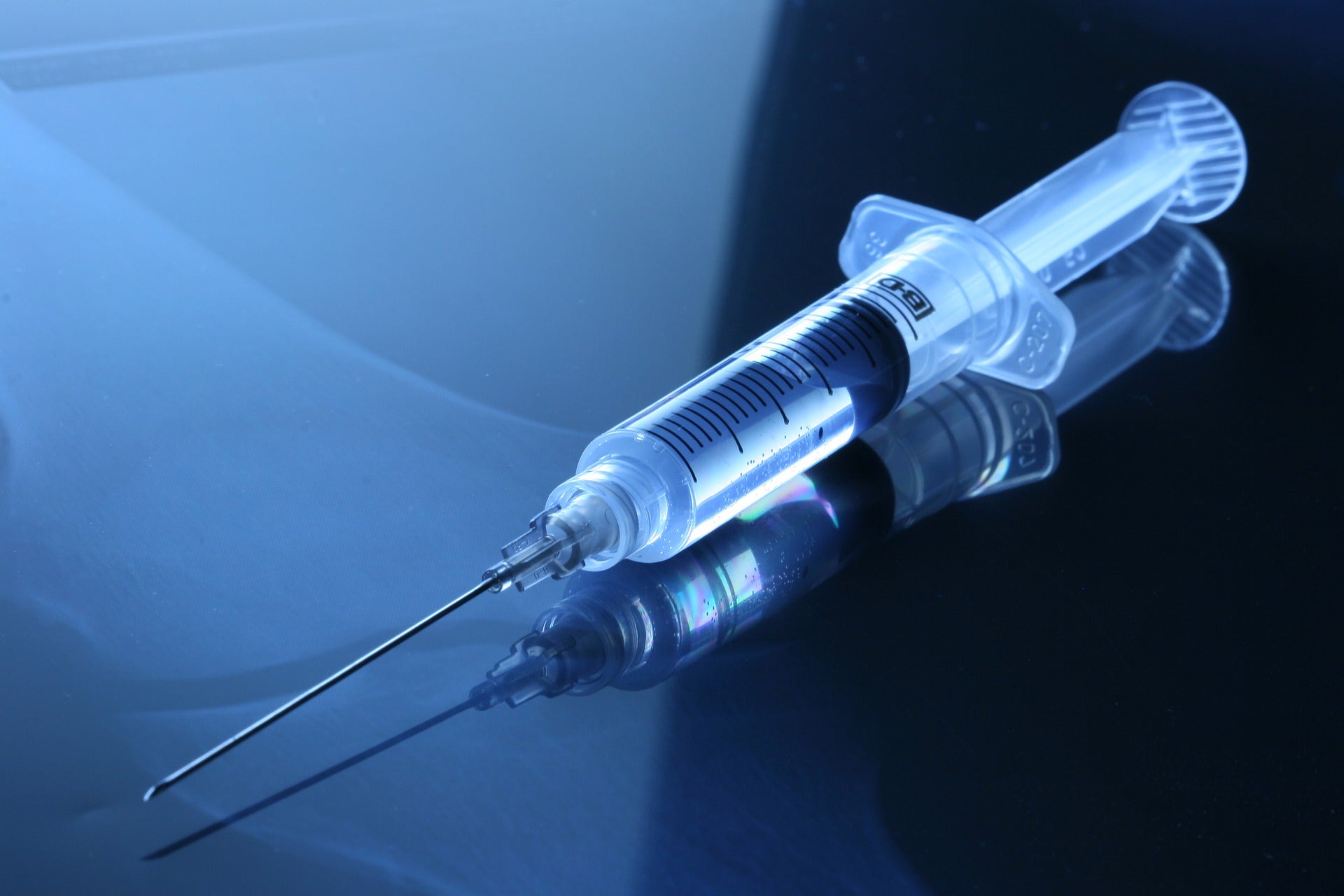
Sanofi and Regeneron Pharmaceuticals have reported positive data from the pivotal Phase III clinical trial of their Dupixent (dupilumab) to treat moderate-to-severe atopic dermatitis in children aged six months to five years.
The trial met the primary and all secondary endpoints.

Discover B2B Marketing That Performs
Combine business intelligence and editorial excellence to reach engaged professionals across 36 leading media platforms.
Dupixent is the first biologic to yield positive data in this young population and is the only approved biologic for patients aged six years or above with uncontrolled moderate-to-severe atopic dermatitis, Sanofi said.
A fully human monoclonal antibody, the drug blocks the signalling of the interleukin-4 (IL-4) and interleukin-13 (IL-13) pathways, which are involved in type 2 inflammation.
The Phase III trial of Dupixent plus low-potency TCS is Part B of the two-part Phase II/III LIBERTY AD PRESCHOOL. It involved 162 participants aged six months to five years with uncontrolled moderate-to-severe atopic dermatitis.
Participants received either 200mg or 300mg Dupixent every four weeks.

US Tariffs are shifting - will you react or anticipate?
Don’t let policy changes catch you off guard. Stay proactive with real-time data and expert analysis.
By GlobalDataThe trial’s primary endpoints were the proportion of patients reaching an Investigator’s Global Assessment (IGA) score of zero (clear) or one (almost clear) and 75% improvement in Eczema Area and Severity Index (EASI-75) at 16 weeks.
When given along with the standard of care topical corticosteroids (TCS), Dupixent was observed to significantly decrease overall disease severity and improved skin clearance, itch and health-related quality of life measures at 16 weeks versus TCS alone.
Data revealed that 28% on Dupixent attained clear or almost-clear skin compared to 4% on placebo.
Meanwhile, 53% in the treatment group had 75% or higher overall disease improvement from baseline versus 11% in the placebo arm, the co-primary endpoint outside of the US.
During the 16-week treatment, patients treated with the drug had 50% less chance of developing a skin infection, with the total number of infections being approximately 70% lesser.
Safety data from the Phase III trial is comparable to the known profile of Dupixent in atopic dermatitis.
Sanofi Research and Development global head John Reed said: “Currently, the standard of care for this patient population is topical steroids and other immunosuppressive medicines may be used which can damage delicate skin and, if used long-term, potentially impact growth.
“Knowing that safety is of the utmost importance for physicians and parents when considering treatment options for children and infants, we are encouraged by the results of this trial showing Dupixent addressed the signs and symptoms of atopic dermatitis without broadly suppressing the immune system, demonstrating the potential it could have for these very young patients.”
In July this year, Sanofi reported that Dupixent met the primary and all key secondary goals at 24 weeks in Phase III trial in moderate-to-severe chronic spontaneous urticaria patients.





